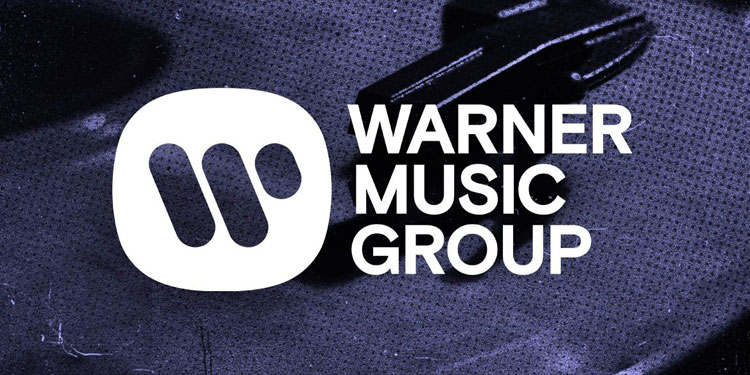
The two companies will collaborate to give Warner Music Group musicians with the option to conceive and build fresh play-to-earn blockchain games in the arcade form. Warner Music denotes Ed Sheeran, Dua Lipa, and Michael Bublé, among others. Splinterlands is now in charge of Splinterlands, the most well-known and renowned blockchain game decentralized application (decentralized app).
Oana Ruxandra, Chief Digital Officer & Executive Vice President, Business Development at Warner Music Group, stated: “I don’t believe we can understate the magnitude of the possibility in P2E gaming. By collaborating with Splinterlands to create unique tokenized games, we’ll create new sources of income for our artists interested in the sector while boosting the importance of fans and diaspora. WMG is dedicated to keeping music at the forefront of the Web3 ecosystem evolves.”
Play-to-earn games make use of blockchain technology to offer genuine rewards, like NFTs, to players. According to Dappradar, blockchain-powered games consume 50% of the entire blockchain industry. Warner Music Group and Splinterfields see play-to-earn as a major macroeconomic component of game development and cryptocurrency environments.
The game business has developed substantially from its humble origins. In the last several years, virtual reality games have evolved from basic simulations of Mario’s adventures on a 16-bit platform to emotionally laden simulations that credit players for their ability to think quickly and strategically.
Profoundly multiplayer online games (MMOs) such as PlayerUnknown’s Battlegrounds (PUBG) need participants to reside in a balanced world as their personas are customized to their identities. Gaming is projected to be the foremost important use case for blockchain technology, transforming the business and making gaming increasingly interesting than it has ever been, as per professionals.
The manner in which gaming resolves remaining impediments will act as a base for several other industries pursuing mainstream blockchain usage. As it became clear that bitcoin was not the sole use for blockchain technology, it was heralded as a disruptive technology. Currently, its game-changing uses seem to generate more hype than substance, and several people feel the hype is unfounded.
GameFi is a mashup of the terms “game” and “financial.” It combines cryptocurrencies, blockchain technology, non-fungible tokens (NFTs), and game elements to create an online environment in which users may interact and earn money. GameFi is founded on the notion of “play to earn.”
This concept entails rewarding players economically in return for their time spent participating and advancing through stages in games. Certain blockchain games produce adequate revenue for gamers to earn a life while they play. These online gaming initiatives may use decentralized financing (DeFi) methods. These types of gaming companies are launched using the blockchain-powered distributed ledger. This means that any goods obtained by players remain entirely their own.
Presently, blockchain games earn billions of dollars via transactions involving particular digital items tokenized in the form of NFTs. This thriving market has motivated certain gamers to abandon their day jobs in order to pursue careers in metaverse discovery and collectibles trading.
Splinterlands is a perfect illustration of an endeavor that contributed to the growth of the P2E revolution. It is a collectable card game built on the Hive network that was produced mostly via anecdotal evidence by a wide range of users. It boasts a daily membership of over 800,000 people who compete for and exchange NFTs, and also commodities bought using the game’s in-house currency, Dark Energy Crystals (DEC).